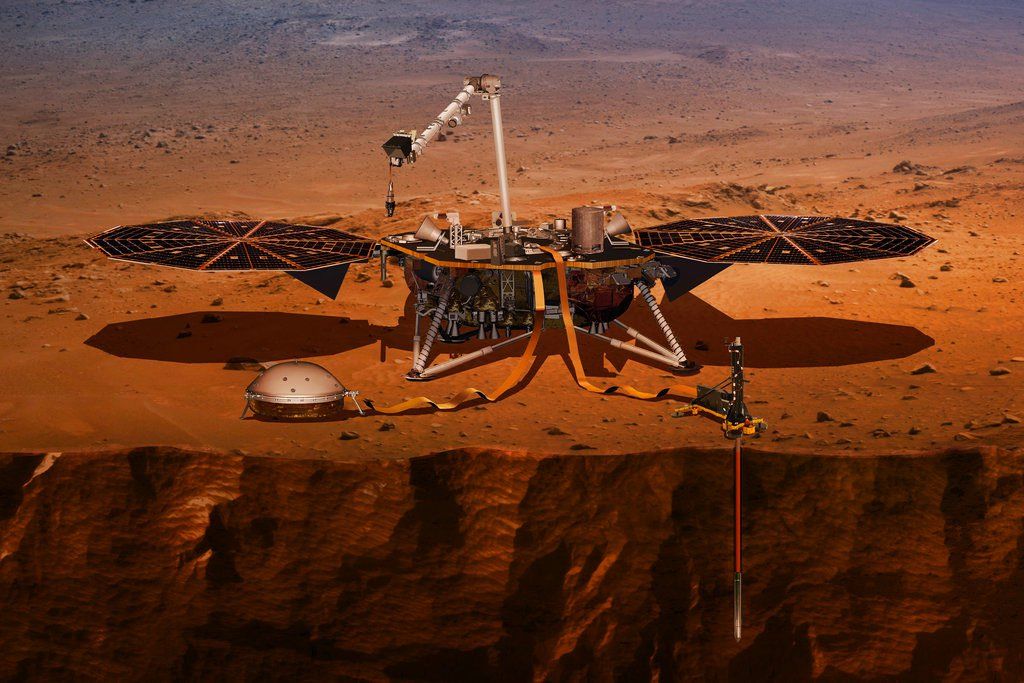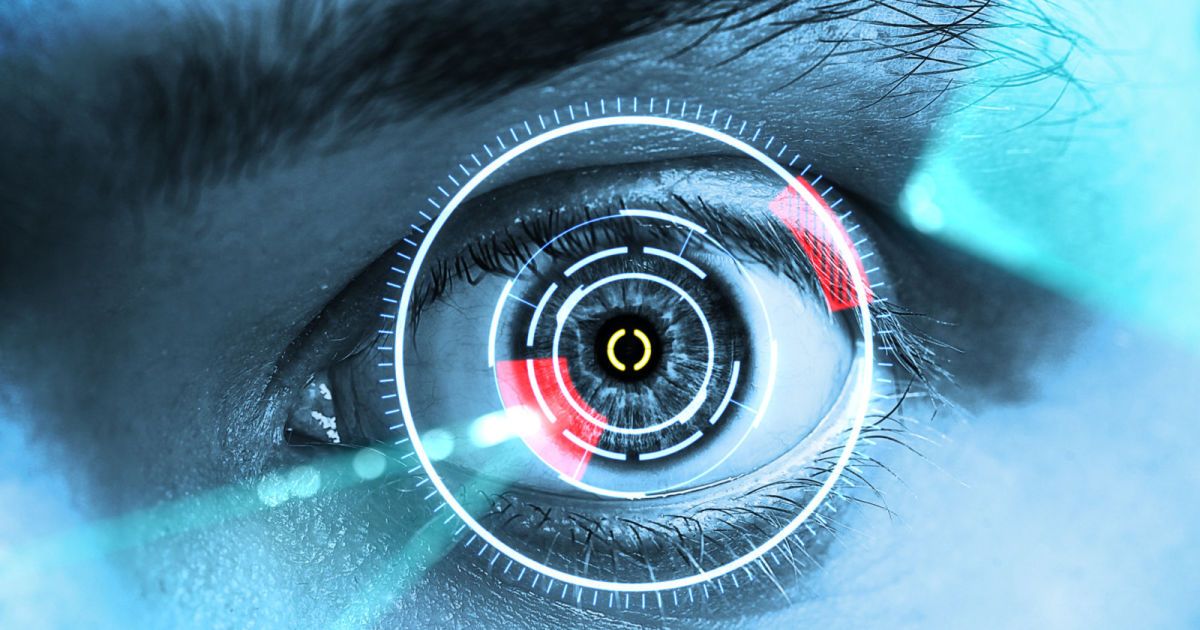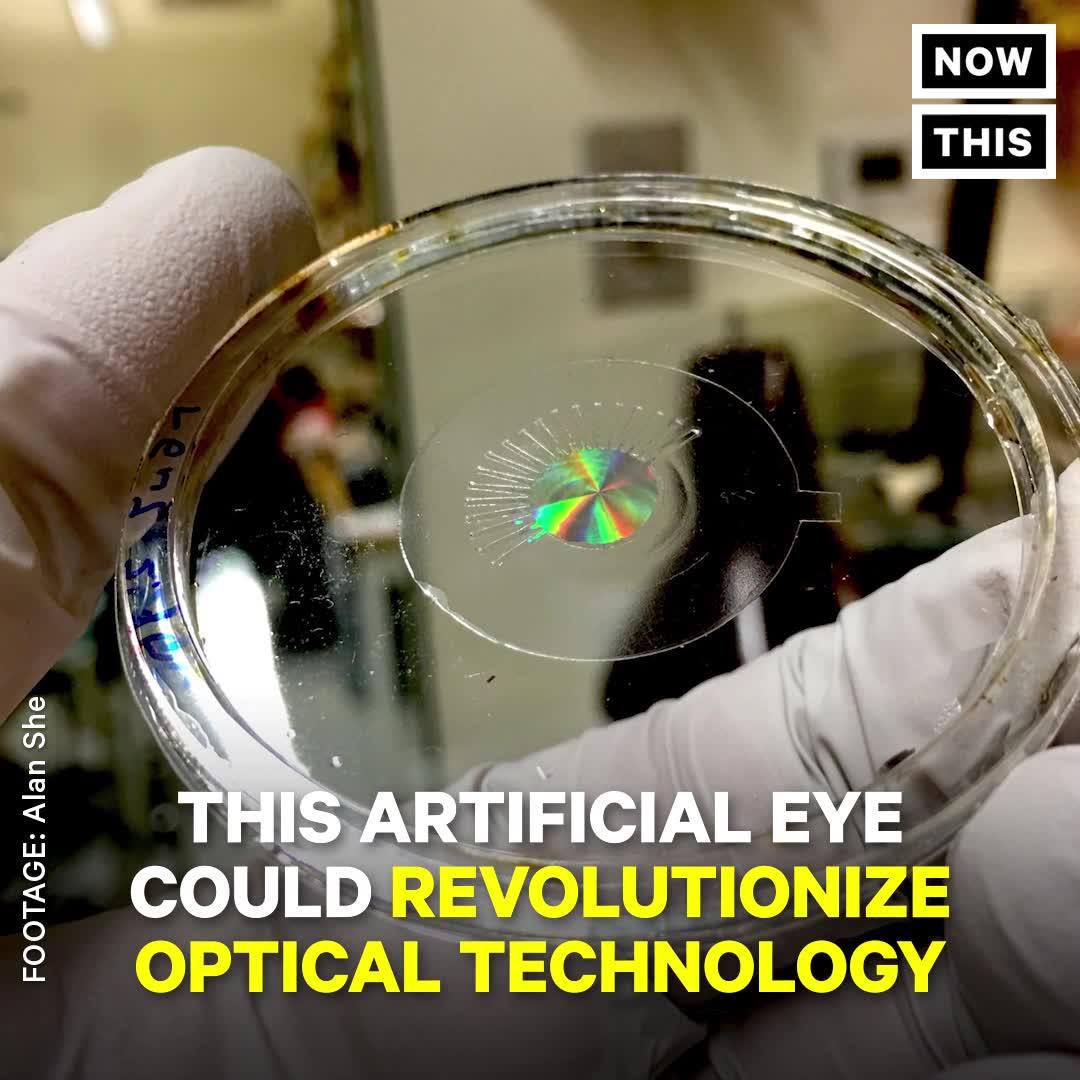Page 9806
May 2, 2018
NASA sending robotic geologist to Mars to dig super deep
Posted by Michael Lance in categories: robotics/AI, space
CAPE CANAVERAL, Fla. — NASA is sending a robotic geologist to Mars that will dig deeper than ever before.
The Mars InSight spacecraft is set to launch this weekend from California.
The lander has a slender probe designed to burrow nearly 16 feet into the Martian soil. That’s for taking the planet’s temperature. To take the planet’s pulse, a quake-measuring seismometer will operate directly on the Martian surface.
Continue reading “NASA sending robotic geologist to Mars to dig super deep” »
May 2, 2018
Physicists find signs of a time crystal
Posted by Genevieve Klien in category: particle physics
Yale physicists have uncovered hints of a time crystal—a form of matter that “ticks” when exposed to an electromagnetic pulse—in the last place they expected: a crystal you might find in a child’s toy.
The discovery means there are now new puzzles to solve, in terms of how time crystals form in the first place.
Ordinary crystals such as salt or quartz are examples of three-dimensional, ordered spatial crystals. Their atoms are arranged in a repeating system, something scientists have known for a century.
May 2, 2018
Scientist, 104, begins trip to end his life
Posted by Genevieve Klien in category: futurism
David Goodall is not terminally ill but wants to die, and resents that he cannot elect to do so in Australia.
May 2, 2018
Scientists create ultra-thin membrane that turns eyes into lasers
Posted by Genevieve Klien in categories: biotech/medical, security, wearables
It will still be a while before scientists are able to harness Superman-like laser vision, but the technology is now closer than ever before thanks to a new development from the University of St Andrews. The team there have created an ultra-thin membrane laser using organic semiconductors, which is for the first time compatible with the requirements for safe operation in the human eye. Even though the membrane is super thin and flexible, it’s durable, and will retain its optical properties even after several months spent attached to another object, such as a bank note or, more excitingly, a contact lens.
The ocular laser, which has so far been tested on cow eyes, is able to identify sharp lines on a flat background — the ones and zeros of a digital barcode — and could be harnessed for new applications in security, biophotonics and photomedicine. Team member Professor Malte Gather said: “Our work represents a new milestone in laser development and, in particular, points the way to how lasers can be used in inherently soft and ductile environments, be it in wearable sensors or as an authentication feature on bank notes.”
May 2, 2018
The universe is an egg and the moon isn’t real: notes from a Flat Earth conference
Posted by Genevieve Klien in category: space
Michael Marshall attended the UK’s annual gathering of people who share the unshakeable belief that the Earth is flat.
May 2, 2018
This Artificial Eye Uses ‘Muscles’ To See Better Than Humans
Posted by Shane Hinshaw in category: futurism
May 2, 2018
Can We Train a Computer to Read Your Mind?
Posted by Shane Hinshaw in categories: computing, transportation
May 2, 2018
Elon Musk: Automation Will Force Governments to Introduce Universal Basic Income
Posted by Shane Hinshaw in categories: economics, Elon Musk, government, robotics/AI

Recently, Elon Musk had the chance to share his thoughts on universal basic income (UBI) at the World Government Summit in Dubai. At the Summit, Musk had the opportunity to talk about the future, and the challenges the world will face in the next hundred years – including artificial intelligence (AI), automation, and the job displacement expected to come with it.
When asked about the challenges civilization is set to face in the near future, Musk began by noting the threat of artificial intelligences that surpass humanity.
May 2, 2018
AI can predict your personality just by how your eyes move
Posted by Genevieve Klien in category: robotics/AI
By Alice Klein
The eyes really are a window to the soul. The way they move can reveal your personality type – a finding that could help robots better understand and interact with humans.
Psychologists have long believed that personality influences the way we visually take in the world. Curious people tend to look around more and open-minded people gaze longer at abstract images, for example.
Continue reading “AI can predict your personality just by how your eyes move” »

















